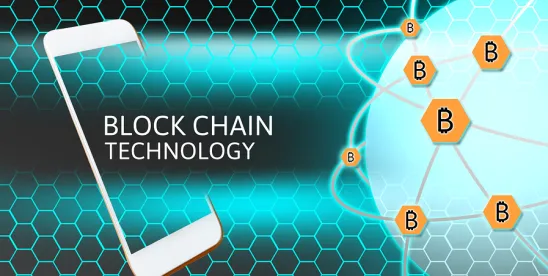There is a lot of buzz around blockchain technology and its potential to revolutionize a wide range of industries from finance and health care to real estate and supply chain management. Reports estimate that over $1.4 billion was invested in blockchain startups in 2016 alone, and many institutions and companies are forming partnerships to explore how blockchain ledgers and smart contracts can be deployed to manage and share data, create transactional efficiencies, and reduce costs.
P2P Energy Trading Comes to the United Kingdom
-
The United Kingdom’s first peer to peer (“p2p”) energy-trading platform is under development. According to a recent article, the technology company Verv has partnered with renewable energy developer Repowering London to conduct a trial of a blockchain-based p2p energy-trading platform that will allow for the trading of physical energy among participants.
-
The platform will be deployed in roughly 40 homes in a housing community with a community solar installation. Verv also hopes to install battery storage systems to allow excess energy to be stored and used or sold at a later date. The goal is to create a platform that allows residents to share local renewable energy while also providing them with an added degree of control over their energy consumption. The platform will first be deployed through a year-long pilot program that is scheduled to commence early in 2018.
-
The project was made possible in part through a £100,000 grant from the United Kingdom’s Office of Gas and Electricity Markets (“OFGEM”). As reported in an earlier issue of the Blockchain Energizer, OFGEM has actively promoted the development of innovative business solutions for energy and in February, announced the creation of a regulatory sandbox to allow innovators to test new business models in a relaxed regulatory environment.
Blockchain Technology Pilot Program Raises AU$8 Million in Funding to Australian Developer of Smart Energy and Water Systems
-
A new blockchain pilot program is set to begin Australia to test how cities can use blockchain technology coupled with distributed energy and water resources to increase efficiency and develop “smart” city infrastructure.
-
The pilot program is being developed through a partnership among the City of Fremantle, the blockchain developer Power Ledger, and several university and information technology partners. The Australian government recently awarded the project $2.6 million, and another $5.7 million is being provided by the project’s partners.
-
Using a blockchain network, the program will connect a utility-scale solar photovoltaic plant, rooftop solar installations, a large battery storage system, an electric vehicle charge station, and precinct water treatment and capture systems. According to one of the university participants, the goal is to develop a smart-metering and energy storage platform, combined with a blockchain-powered trading system, to allow for “energy and water efficiencies between critical dispersed infrastructures that would otherwise have required physical co-location.” The pilot program is set to begin within the next few months and last for two years.
-
The pilot program represents the latest of a series of blockchain pilot programs underway in Australia involving Power Ledger. The company announced the start of a p2p energy-trading pilot program in September and also recently raised over $30 million through an initial coin offering.
Blockchain for Energy Continues to Attract Investment Interest
-
BTL Group LTD (“BTL”), which successfully completed an energy-trading pilot program in Europe earlier this year, announced that it has closed on a new round of funding, raising US$12 million. BTL reported that the additional capital will be used to support its marketing efforts for the third generation of its blockchain platform.
-
LO3 Energy also announced recently the launch of a token sale for its blockchain-based Exergy system. As previously covered in the Blockchain Energizer, LO3 Energy has launched pilot programs for p2p energy trading in the United States and Australia. Token sales have been used by a number of startups developing blockchain applications in the energy space. Meanwhile, regulators continue to grapple with whether and how tokens should be regulated.
-
In a recent blog post, we addressed other trends in blockchain investment in the energy industry, including how large utilities are exploring blockchain and how it is being used to spur renewable development.



 />i
/>i

